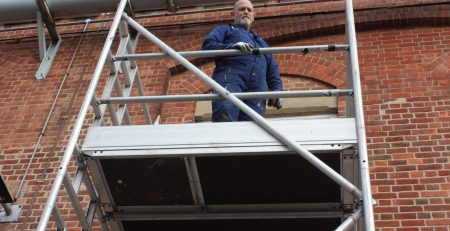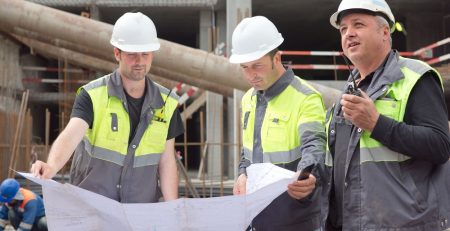Increasing Building Regulations Make New Builds a Safer Investment
Recent articles in the media and tragedies like the Grenfell Tower fire have raised concerns about building regulations across the UK. There have been calls for a government inquiry to be launched to update ‘Approved Document B’ after criticisms that the official government advice is not up to scratch and could put people in danger. For property investors, these headlines can be concerning, but it might actually be good news, with regulators tightening down on the safety of new buildings and developments.
New build properties now come with a 10 year warranty which offer buyers protection and peace of mind that any issues with their property will be resolved. However, these warranties vary over time and cover different aspects of properties. The standard National House-Building Council (NHBC) is the most common type of warranty that covers 80% of new build properties. The other available warranties include Local Authority Building Control Warranty (LABC) and Premier Guarantee.
These warranties should cover off-plan homes if the firm goes insolvent before completion, so you will get reimbursed if the development doesn’t go ahead. After the property is completed there is a defects insurance period that covers the first two years of the property. Defect Insurance covers issues that the builders might have caused, such as heating not working due to faulty pipes or noise coming in from windows that weren’t properly sealed. The builder who completed the work is obligated to fix these in the first two years. Wear and tear and damage caused by the occupier aren’t covered. After these two years, the insurance switches to a structural insurance period which lasts for another 8 years. This only covers major structural issues with the property, like load bearing beams, rooves and foundations.
There are other advantages to purchasing new build property, that can make investing in them a safer option. New build properties sold by established and trusted companies like RW Invest should be built to a high standard with high end fittings which will last for longer. High spec furniture and new kitchens and bathrooms don’t need replacing like they would in an older property, which is especially useful for buy-to-let property investors. Safety standards now are far stricter than they have been in the past, from conditions on the building site to materials used in construction. New build properties have also got to comply with energy efficiency standards which can make them more sustainable for the future.
New build properties in new developments are subject to stringent checks and inspections, to make sure they are up to scratch. For property investors, new builds can offer large long-term potential for growth and sometimes have guaranteed yields for a set time period. The guaranteed yield offered on new build properties must be paid by the developer, meaning the investor gets returns as soon as the project is completed. New build properties can also attract higher quality tenants who will pay more and look after the property well. Off plan developments can offer investment opportunities at a lower price than the completed apartment is worth, giving investors more potential for capital appreciation.
There are risks associated with buying off plan developments. Often schedules can change, things can be delayed, and unforeseen circumstances can impact progress. However, for savvy investors, the risk can mean greater reward with better prices and potential returns. With additional pressure from the government and campaigners, new developments should be up to a far higher standard across the UK.












